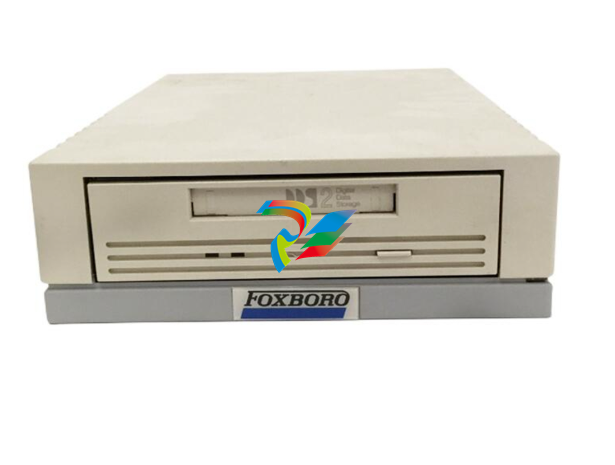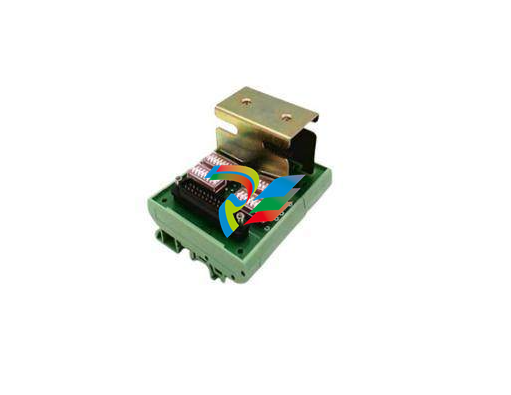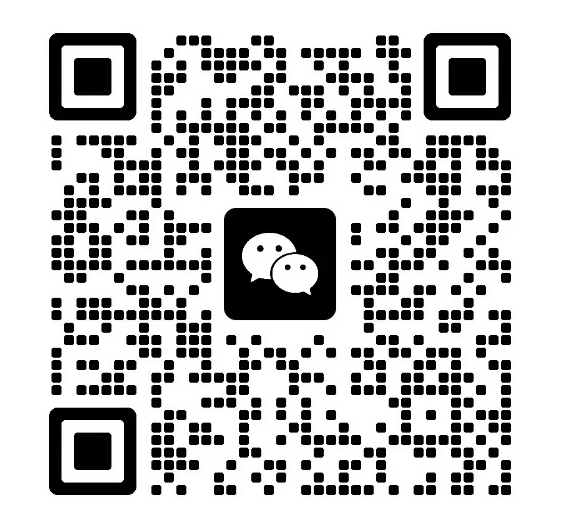
DCS; Industrial control system
Product
Article
NameDescriptionContent
NEW CENTER
Current Location:
Cultivating Interdisciplinary Talents: The Key to Innovation in Automation Equipment Industry
From:
|
Author:huang
|
Time :2024-11-12
|
257 Browse:
|
Share:
The automation equipment industry is vital for economic growth and industrial transformation, enhancing production efficiency and competitiveness. It integrates emerging technologies like AI and IoT, driving innovation and intelligent production processes. Interdisciplinary talents are crucial for the industry's innovation capability, bringing diverse knowledge to develop advanced automation solutions. Educational reforms, industry-academia collaboration, and continuous learning are essential for cultivating these talents. Despite challenges like resistance to change, sustained development strategies are needed to ensure their retention. The future of the industry relies on interdisciplinary talents to drive innovation, create new markets, and maintain global competitiveness.
These partnerships can also lead to the establishment of joint labs and research centers. Students and researchers can work on industry-sponsored projects, gaining practical experience and exposure to the latest technologies. In return, companies can access fresh ideas and talent from academia. According to a survey, companies that collaborate with academia are more likely to develop innovative products and solutions.
Furthermore, industry-academia collaboration can also facilitate the exchange of knowledge and expertise. Industry professionals can serve as guest lecturers and mentors, sharing their practical experience with students. Academic researchers can also provide training and workshops for industry professionals, helping them stay updated with the latest research and trends.
(三)Continuous Learning and Training
In the rapidly evolving field of automation equipment, professionals need to engage in continuous learning to expand their interdisciplinary skills. As new technologies emerge and industry requirements change, professionals must keep up with the latest developments. Online courses, workshops, and conferences are excellent resources for continuous learning.
For example, an engineer working in the automation equipment industry can take an online course in data science to enhance their ability to develop intelligent automation systems. Professionals can also join professional organizations and networks to stay connected with their peers and learn from their experiences.
Continuous learning and training not only help professionals stay competitive but also contribute to the growth and innovation of the industry. By constantly expanding their skills and knowledge, interdisciplinary talents can drive the development of new automation technologies and solutions.
四、Challenges and Solutions
(一)Overcoming Resistance to Change
The cultivation of interdisciplinary talents in the automation equipment industry often faces resistance to change. Some traditional companies may be reluctant to invest in new educational initiatives or industry-academia collaborations due to concerns about costs and uncertainties. Resistance can also come from employees who are accustomed to traditional ways of working and may be hesitant to learn new skills and collaborate with people from different disciplines.
To address these challenges, clear communication is essential. Companies need to explain the benefits of cultivating interdisciplinary talents to all stakeholders, including employees, investors, and customers. Demonstrating successful case studies of companies that have embraced interdisciplinary talent cultivation can help overcome resistance. For example, sharing stories of how companies have increased innovation, improved product quality, and gained a competitive edge through interdisciplinary teams.
Incentives can also be offered to encourage employees to embrace change. This could include financial rewards, promotions, or recognition for those who actively participate in interdisciplinary learning and collaboration. Additionally, providing training and support to help employees adapt to new ways of working can reduce resistance. For instance, offering workshops on teamwork and communication skills for interdisciplinary teams.
(二)Ensuring Sustained Development
To ensure the long-term cultivation and retention of interdisciplinary talents in the automation equipment industry, several strategies can be employed. First, companies need to create a supportive work environment that values and rewards interdisciplinary skills. This can include providing opportunities for professional growth, such as training programs, conferences, and research projects.
Building a strong corporate culture that encourages collaboration and innovation is also crucial. For example, organizing regular team-building activities and innovation challenges can foster a sense of community and creativity among interdisciplinary teams.
Retention strategies should also focus on providing competitive compensation and benefits packages. According to industry surveys, talented professionals are more likely to stay with a company if they feel valued and compensated fairly.
Furthermore, continuous evaluation and improvement of talent cultivation programs are necessary. Companies should regularly assess the effectiveness of their educational initiatives, industry-academia collaborations, and continuous learning programs. Based on feedback and data, adjustments can be made to ensure that these programs are meeting the evolving needs of the industry and the talents.
五、Future Prospects
The future of the automation equipment industry holds great promise with the continued presence and growth of interdisciplinary talents. As technology continues to advance at a rapid pace, these talents will be at the forefront of driving innovation and shaping the industry's trajectory.
Interdisciplinary talents will likely have a profound impact on the development of more intelligent and sophisticated automation equipment. With their diverse skill sets, they can combine expertise from multiple fields to create systems that are not only highly efficient but also adaptable to a wide range of applications. For instance, engineers with backgrounds in both electronics and artificial intelligence may develop automated equipment that can learn and adapt to changing environments, optimizing production processes in real time.
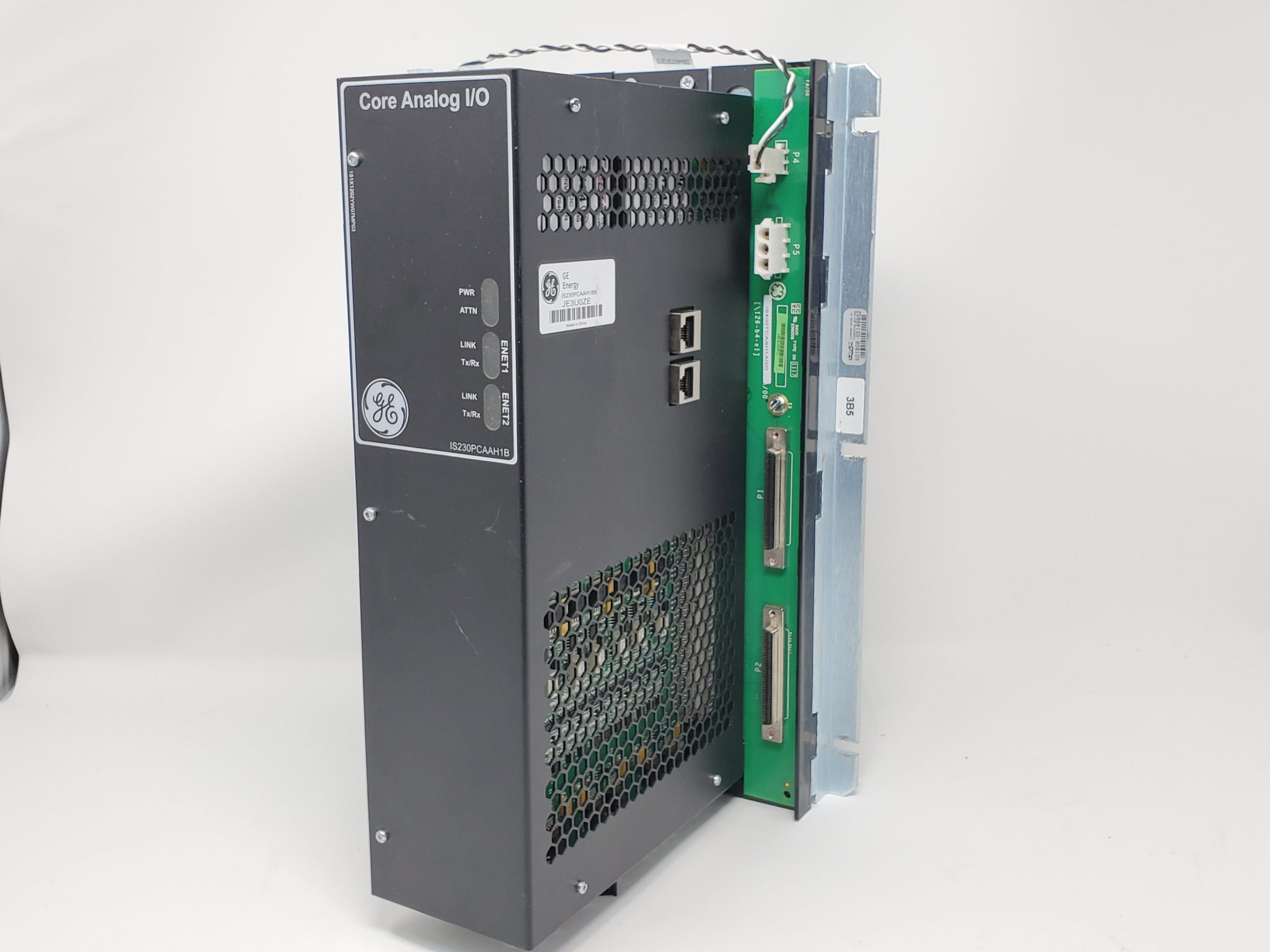

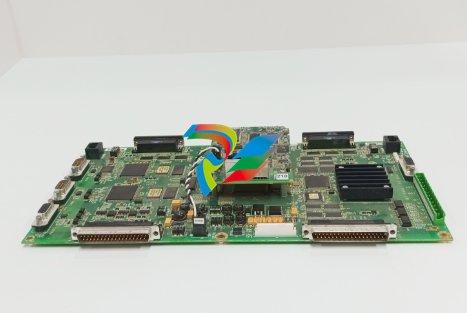
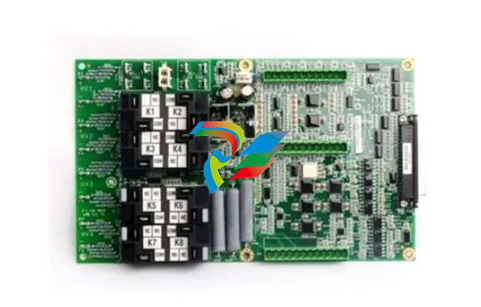
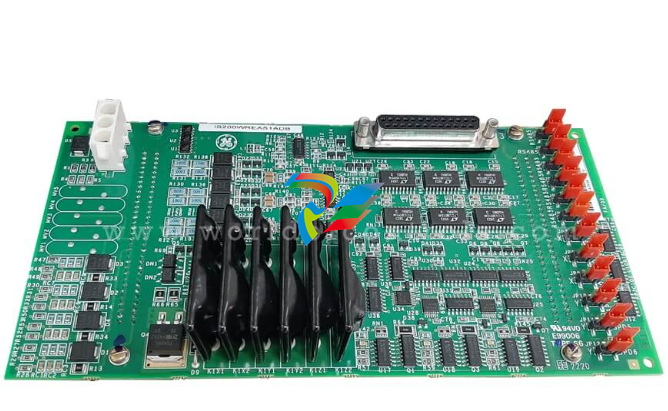
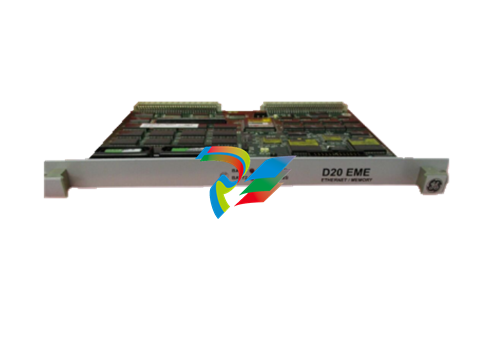
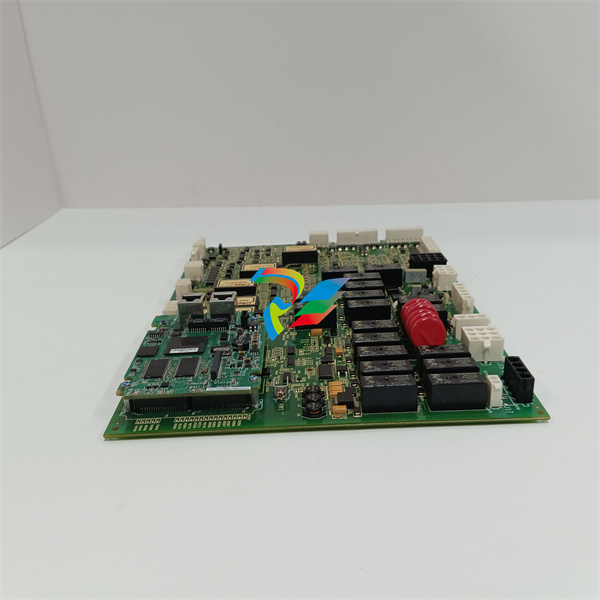
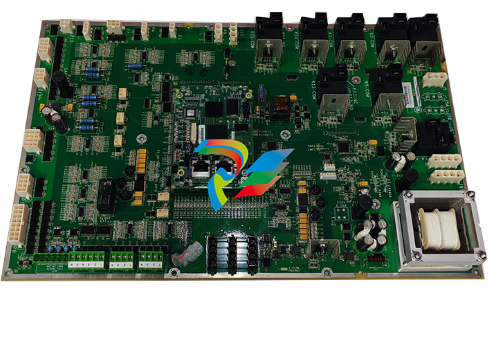
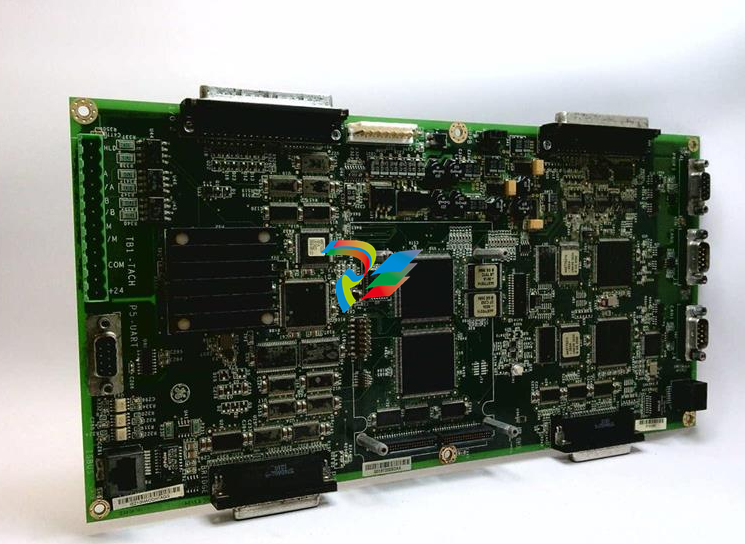
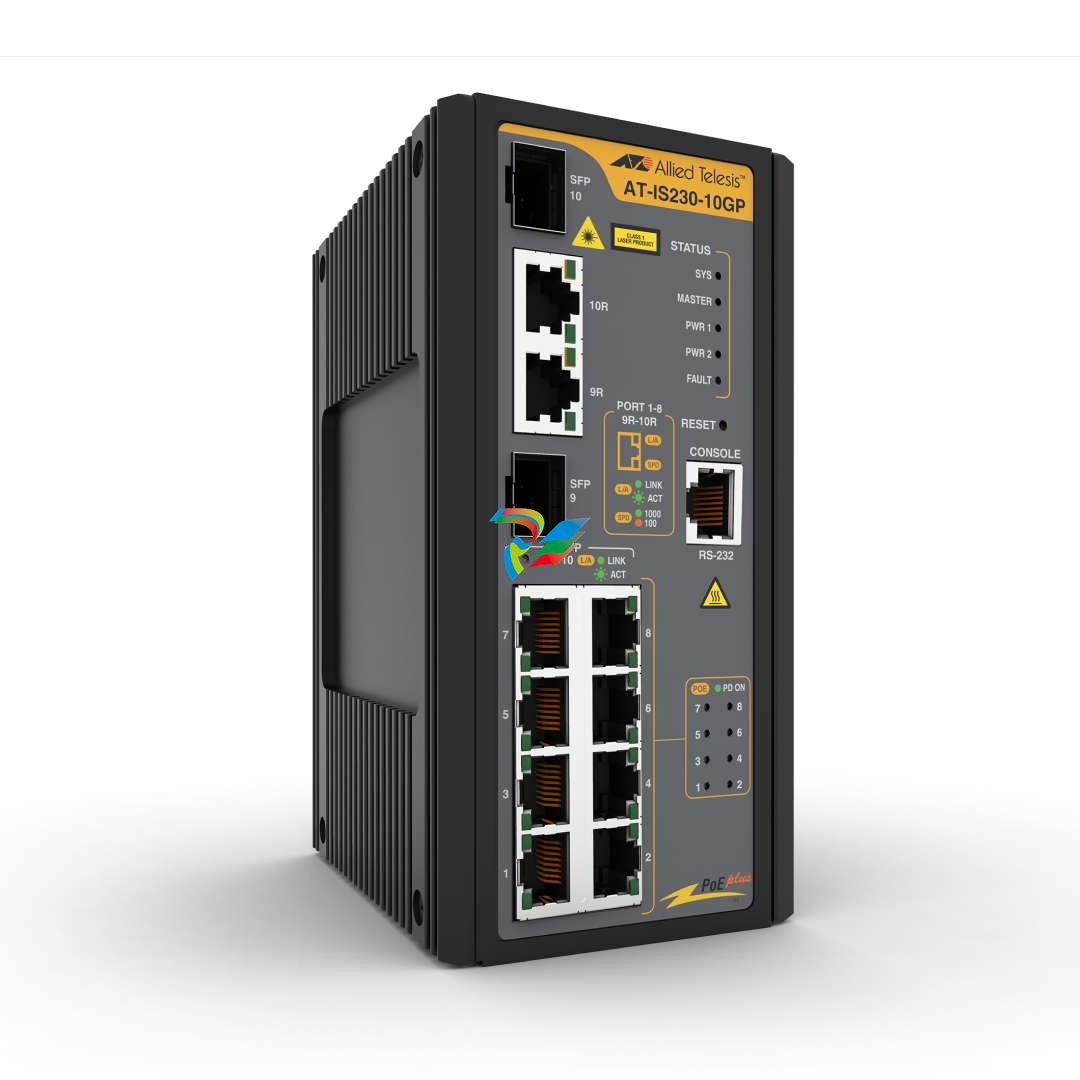
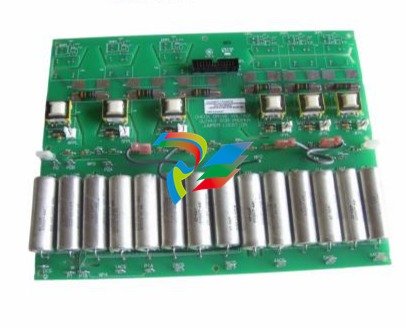
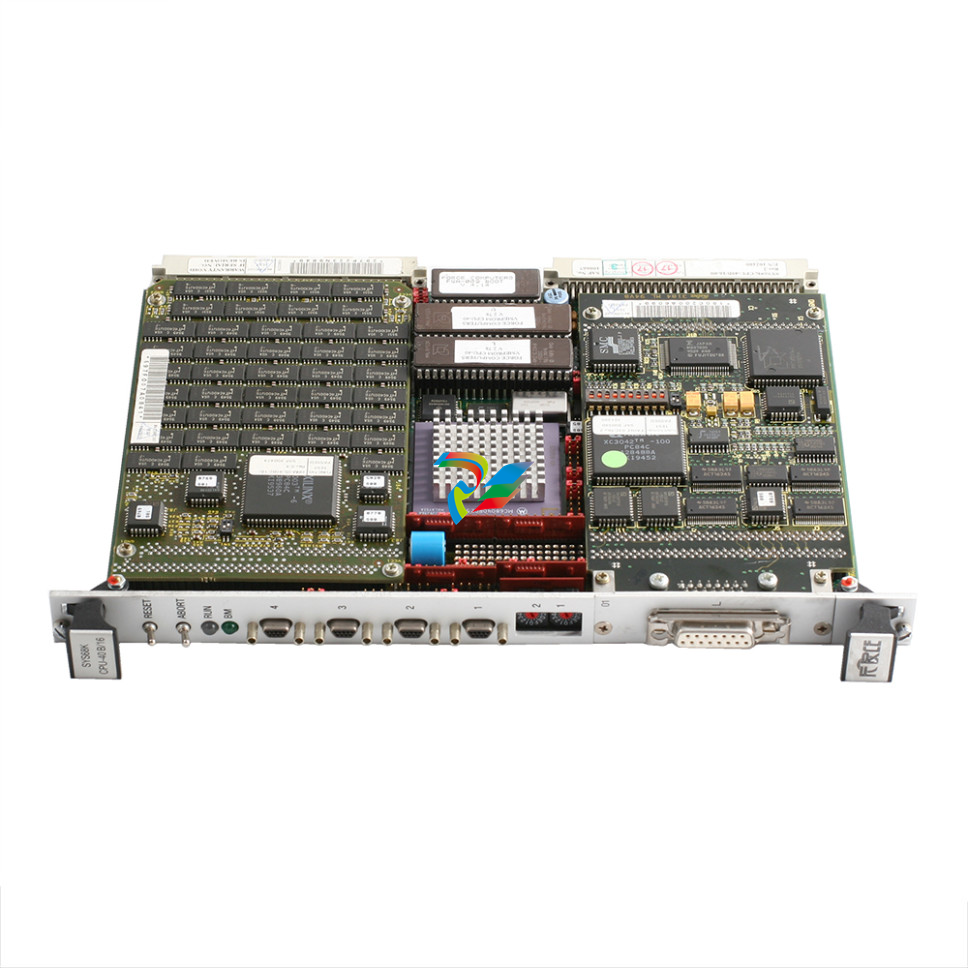
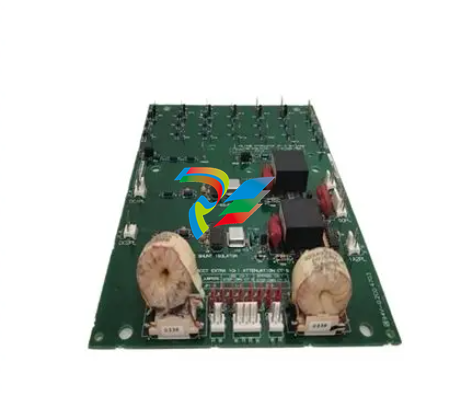
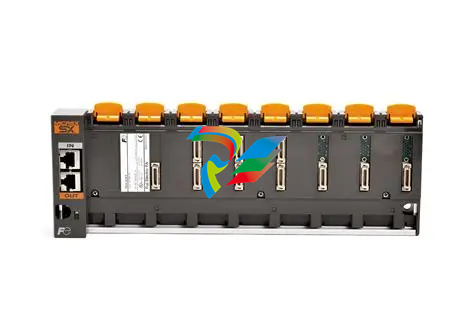
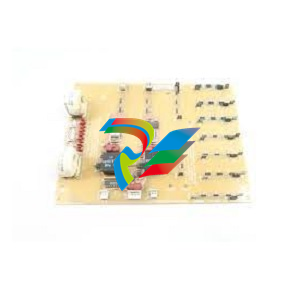
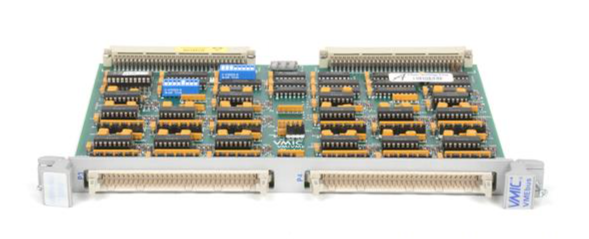
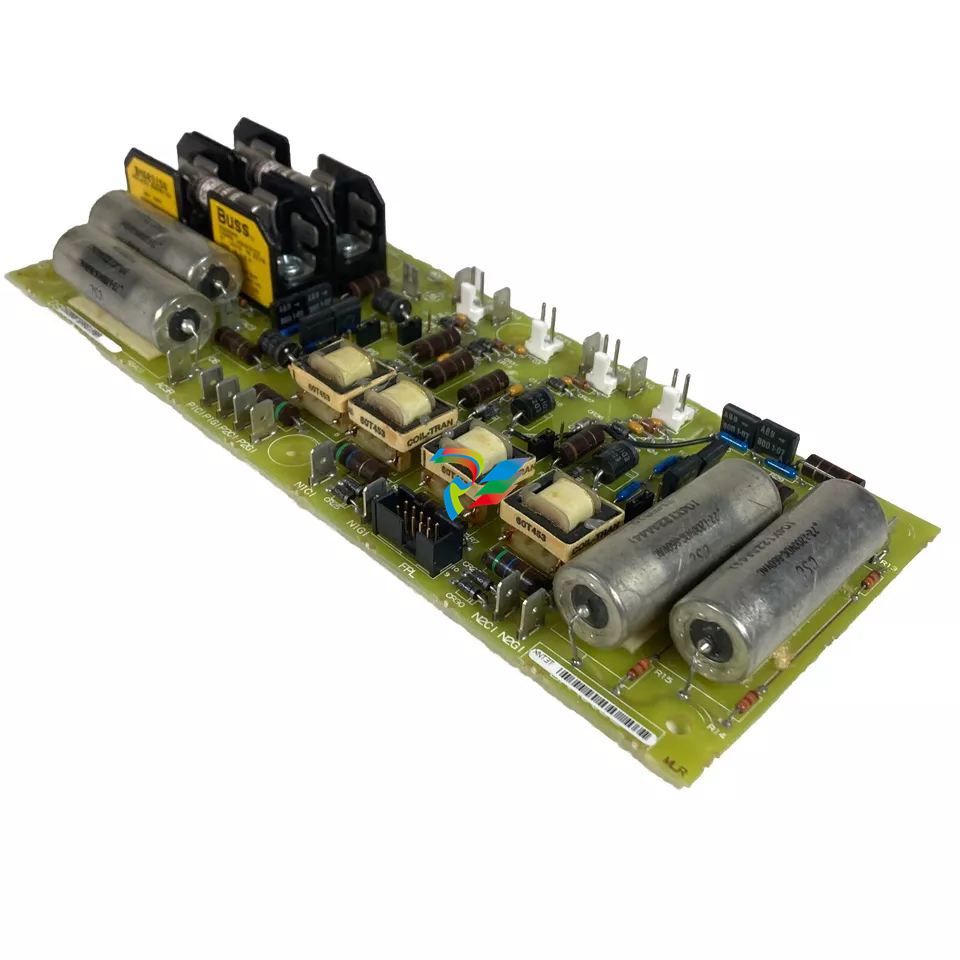
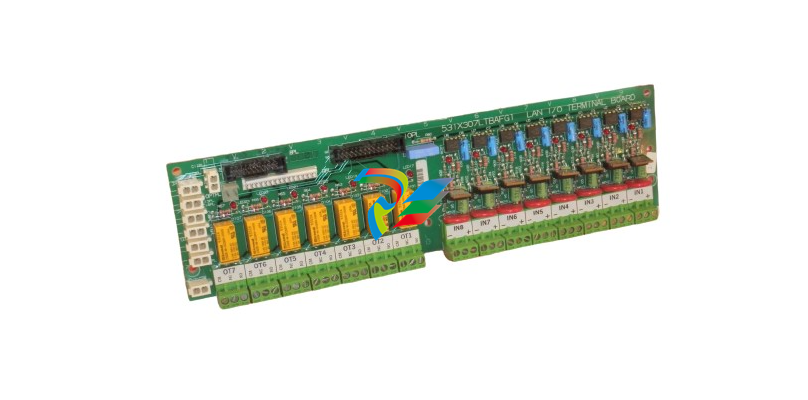


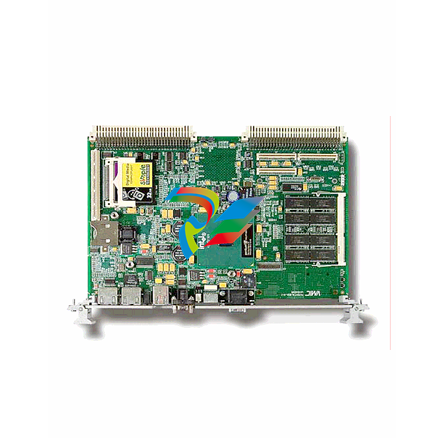
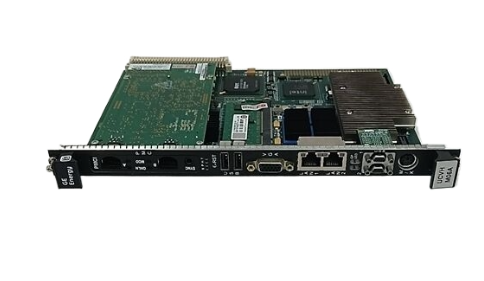
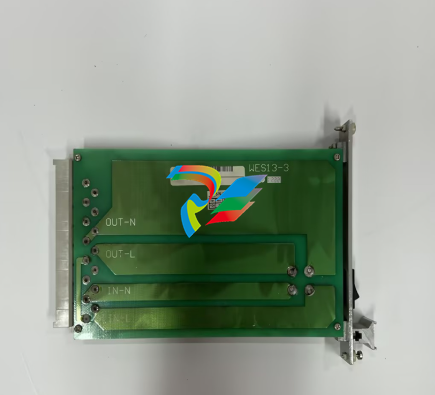
.jpg)
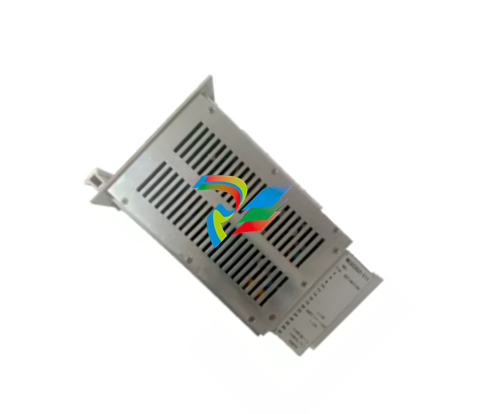
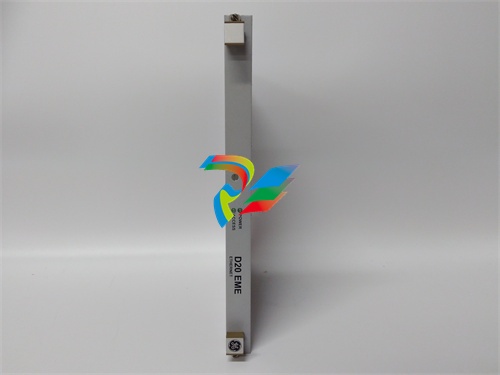
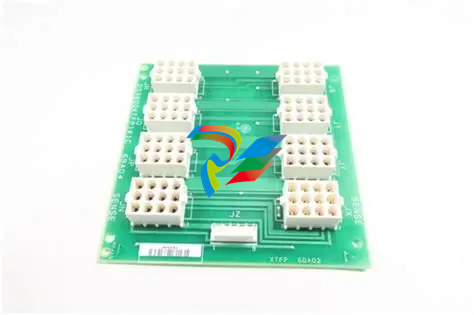
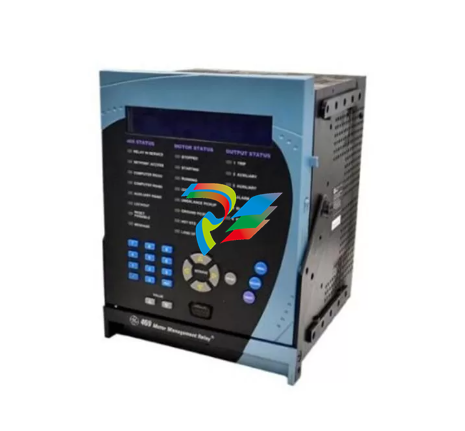
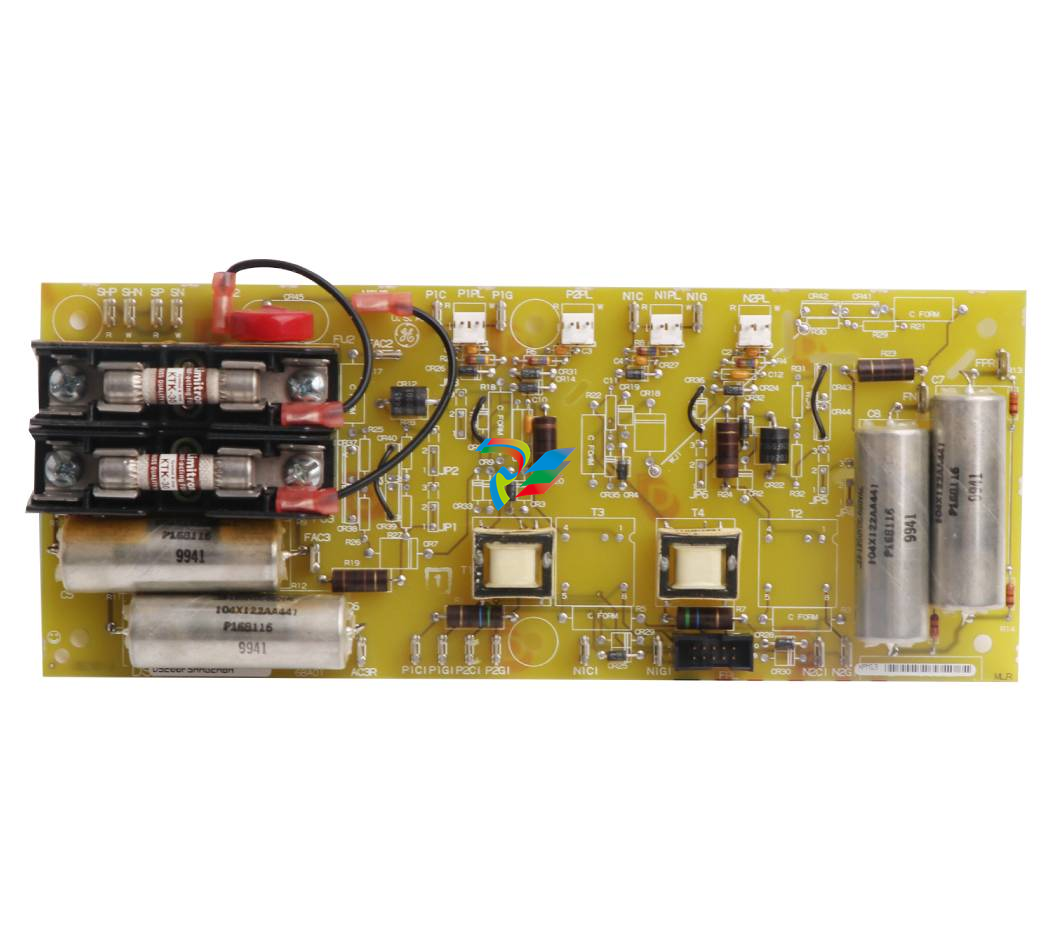
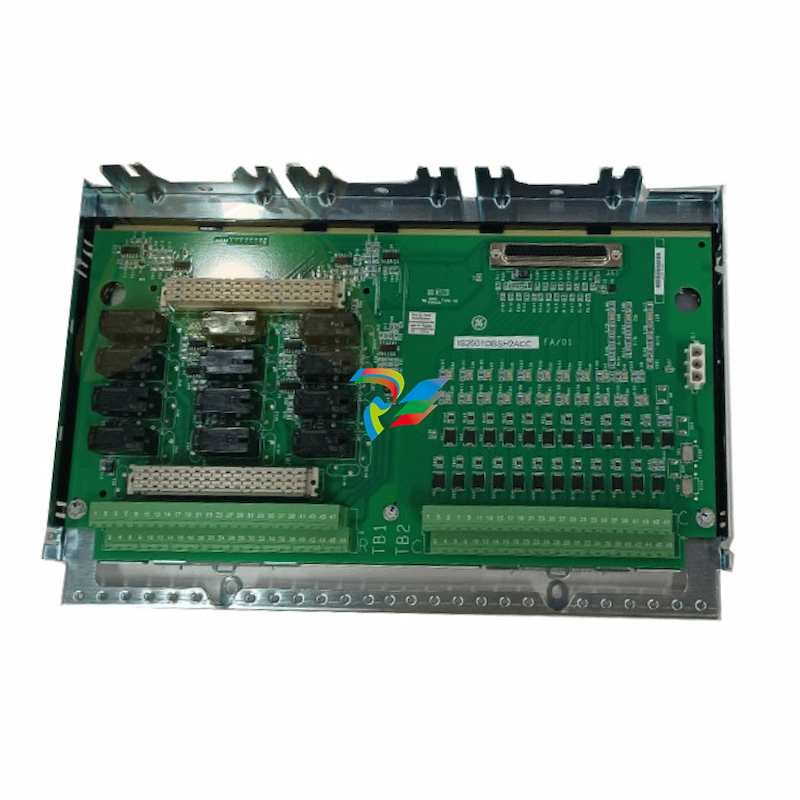
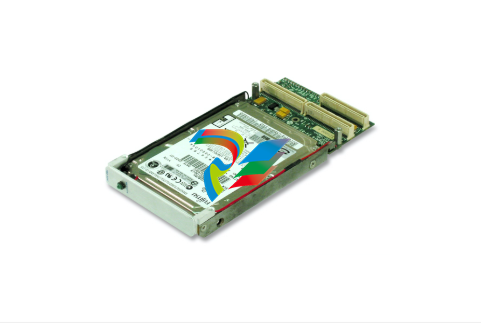
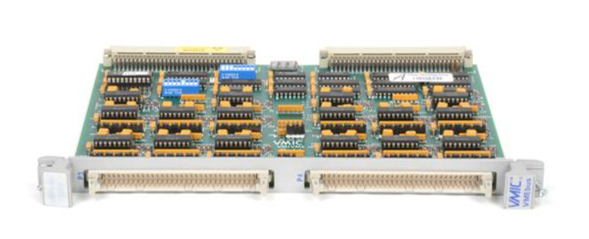
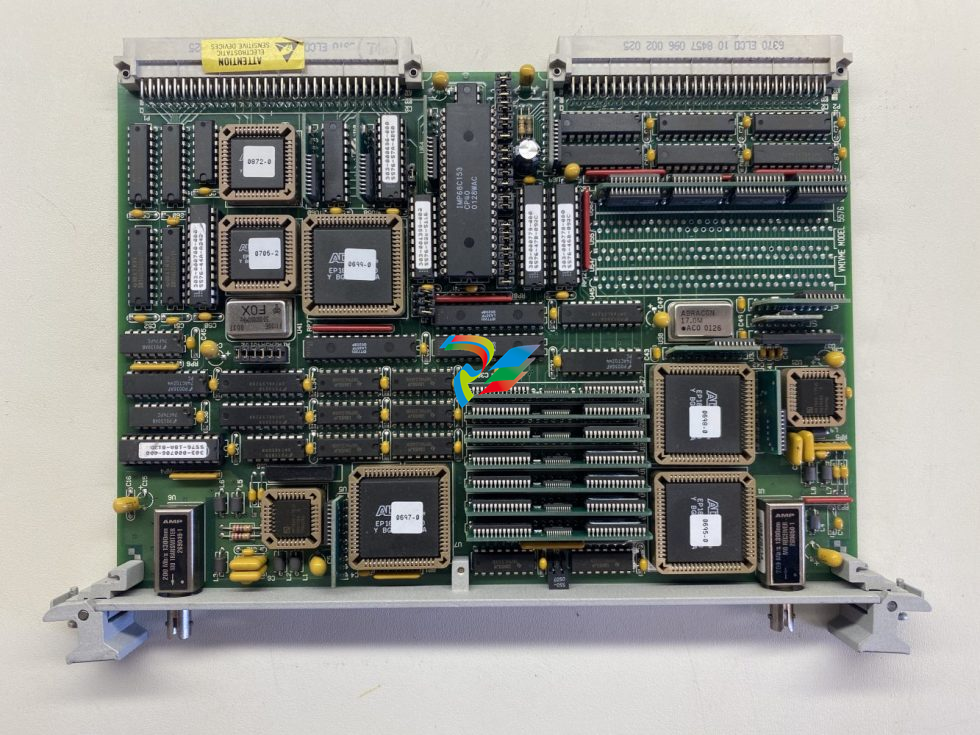
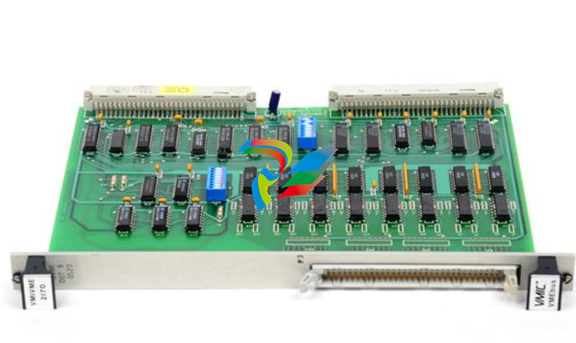
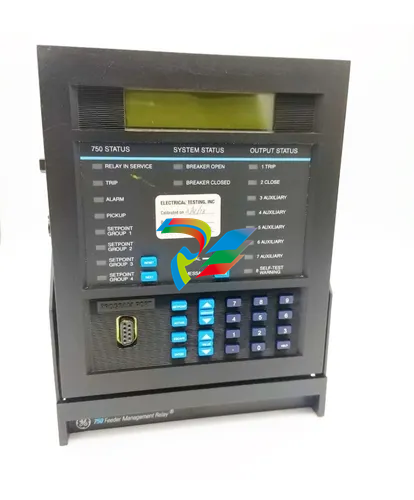
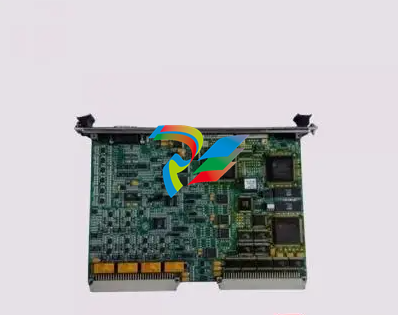
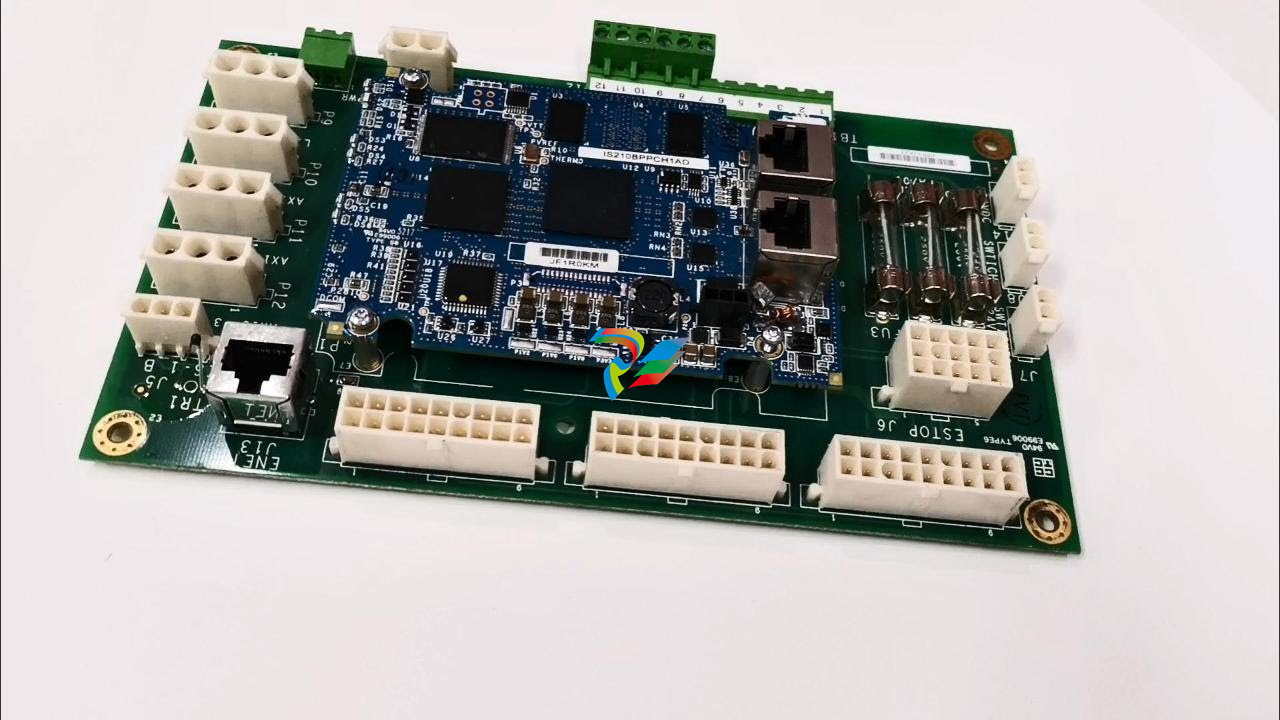
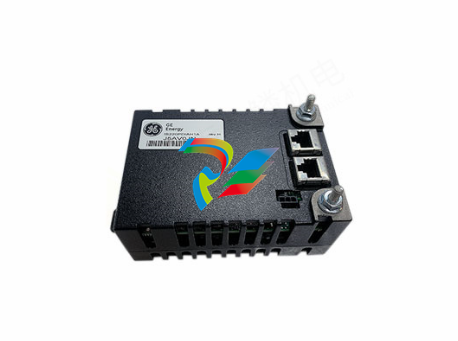
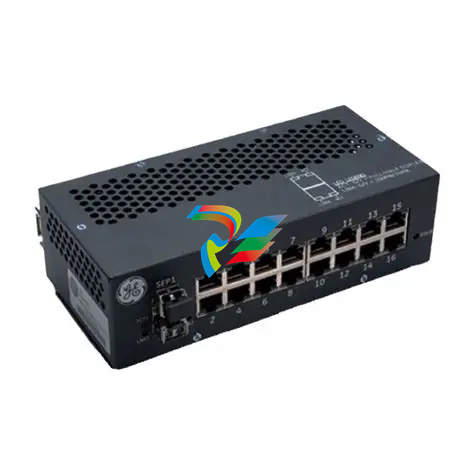
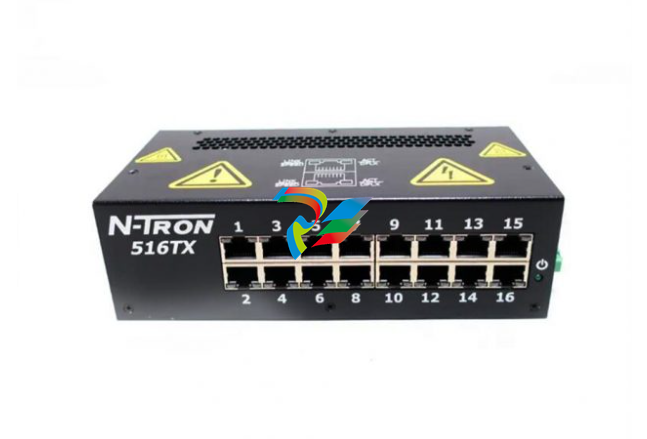
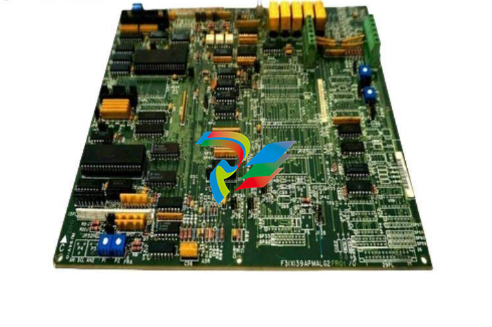
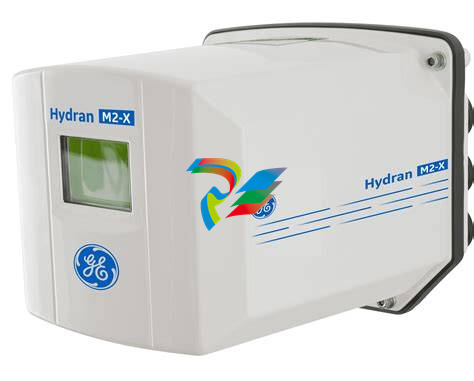
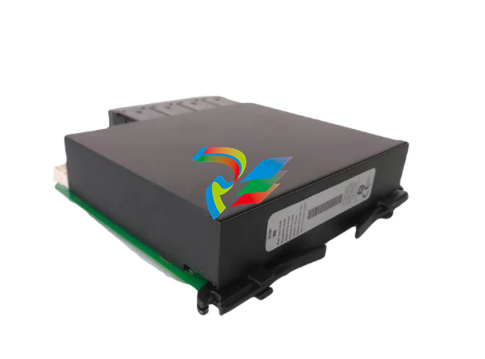
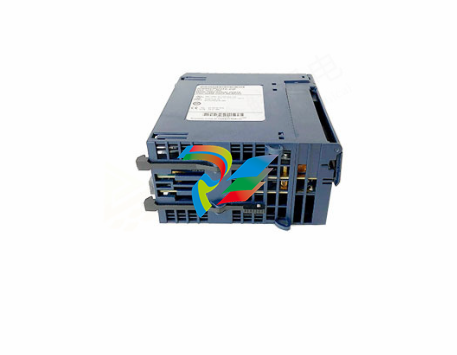
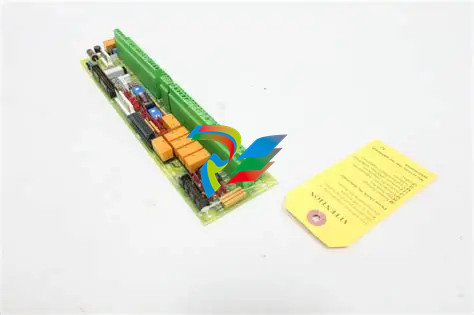
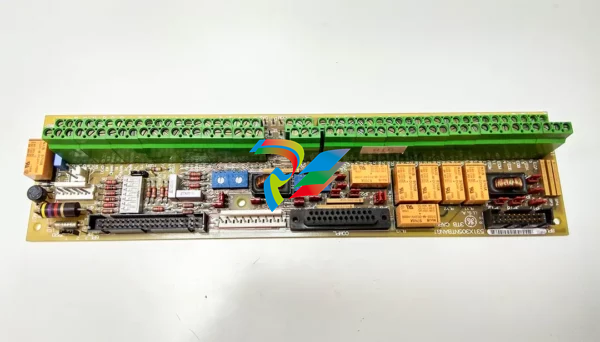
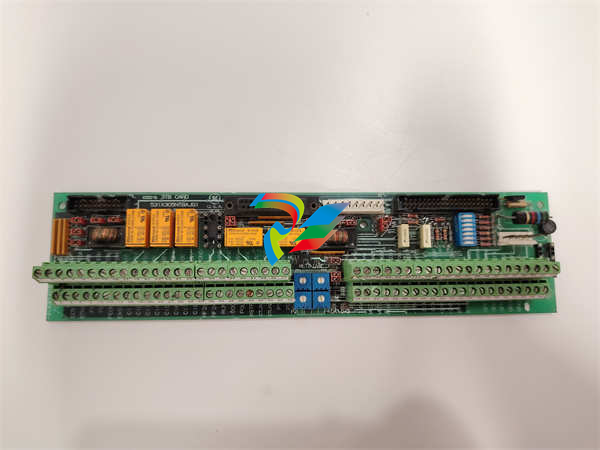
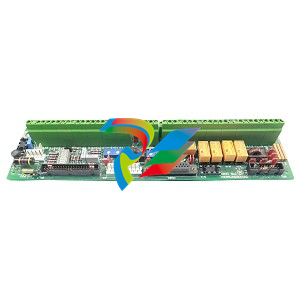
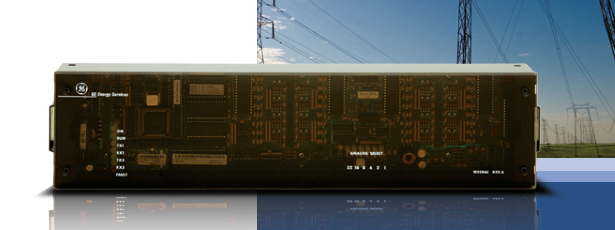
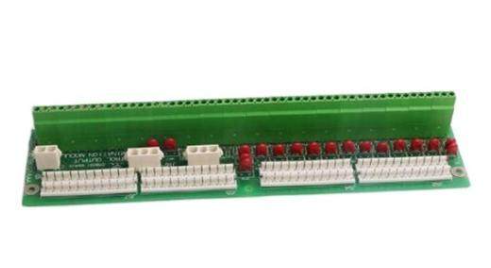
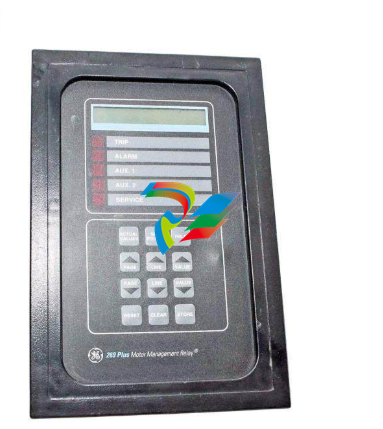
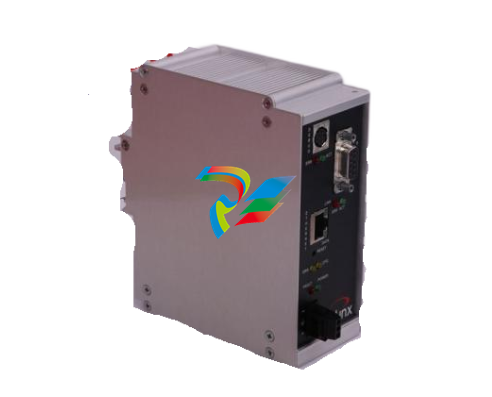
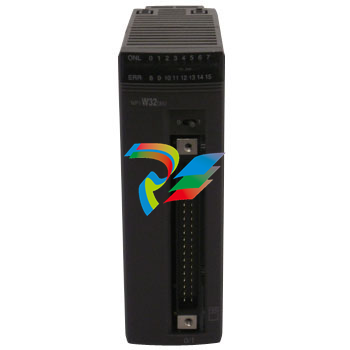
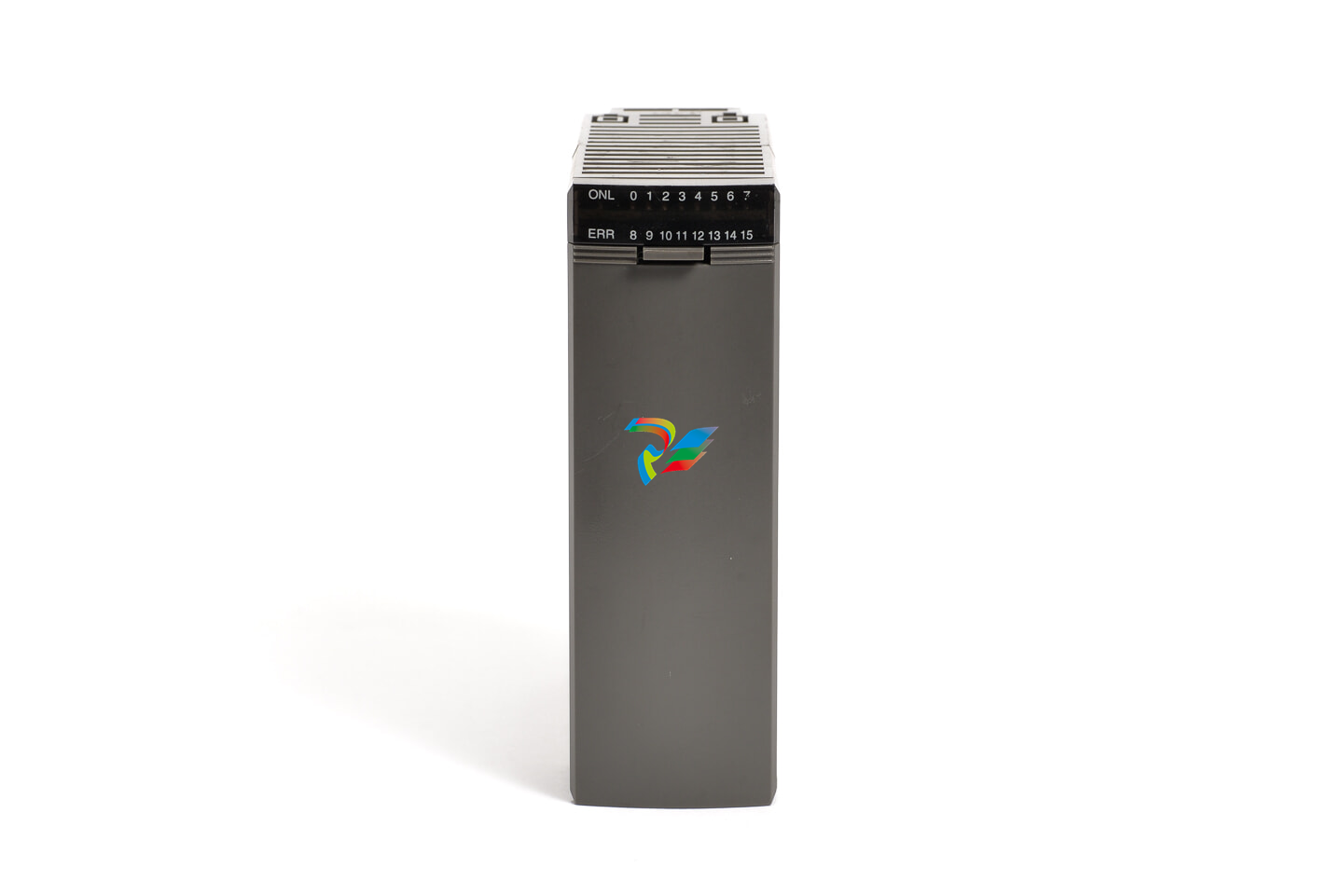
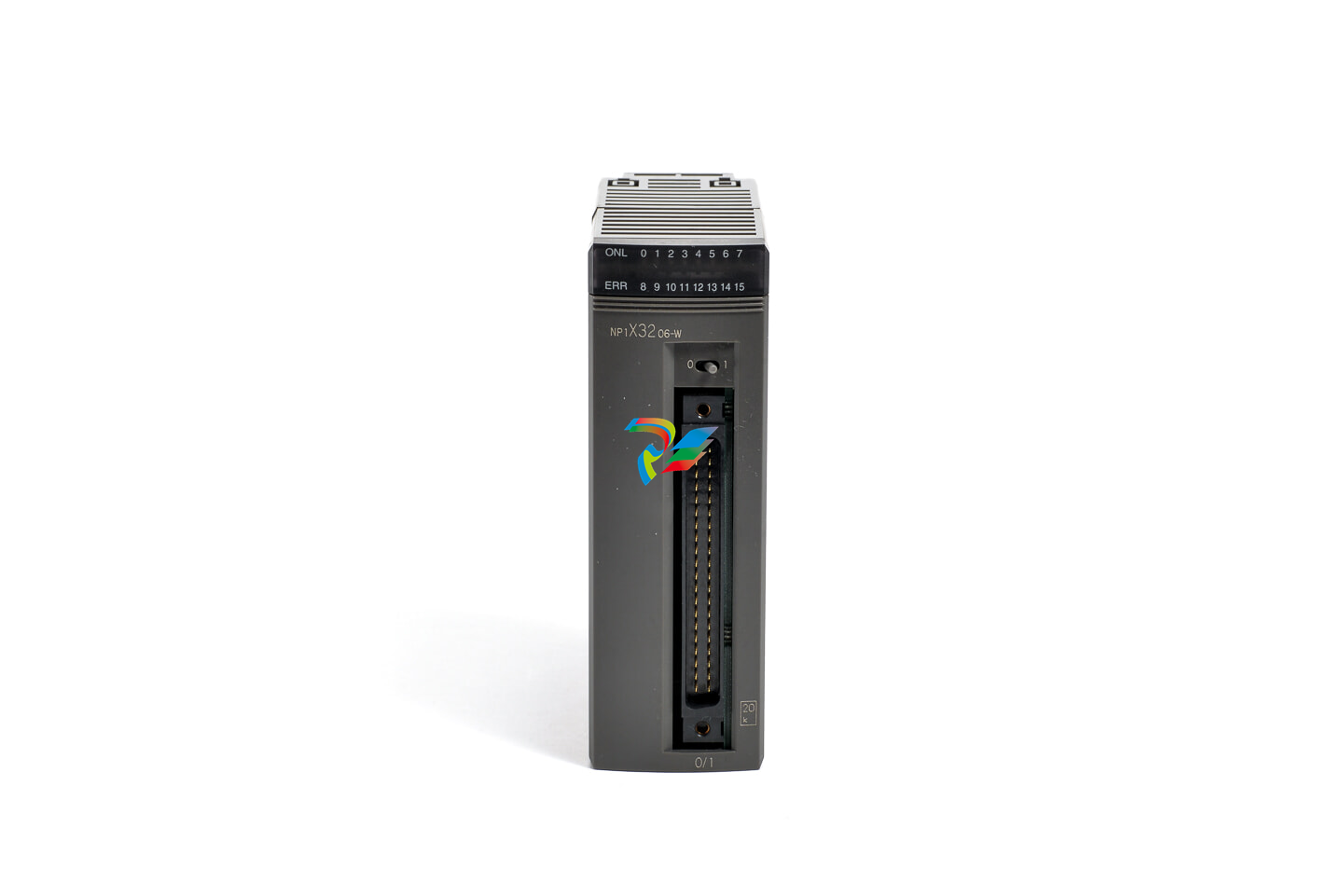
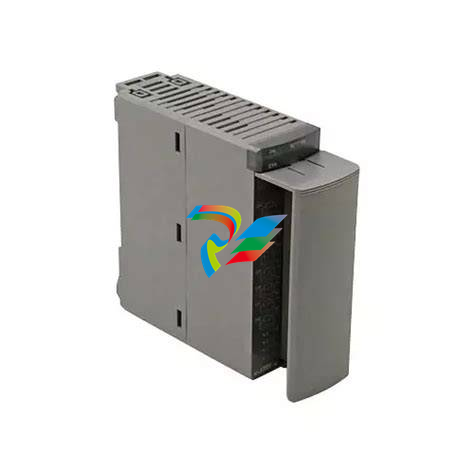
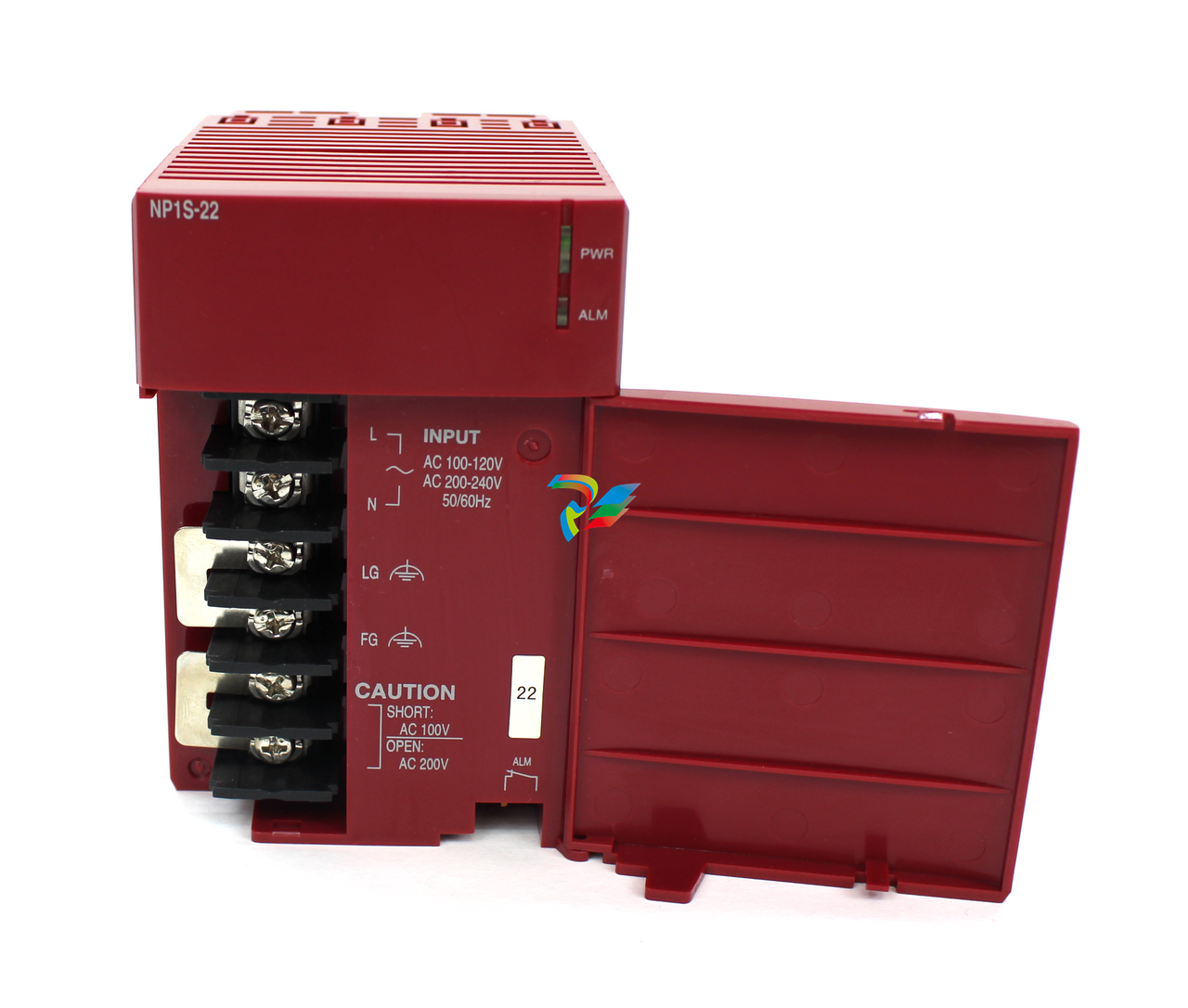
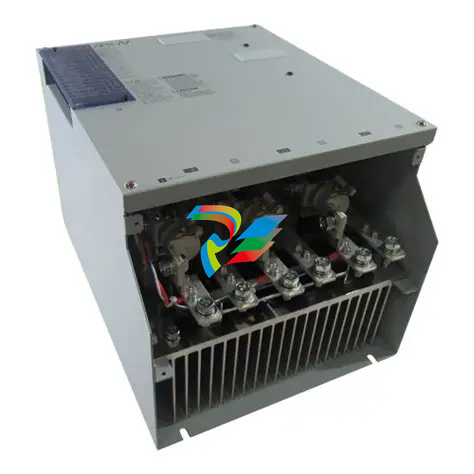
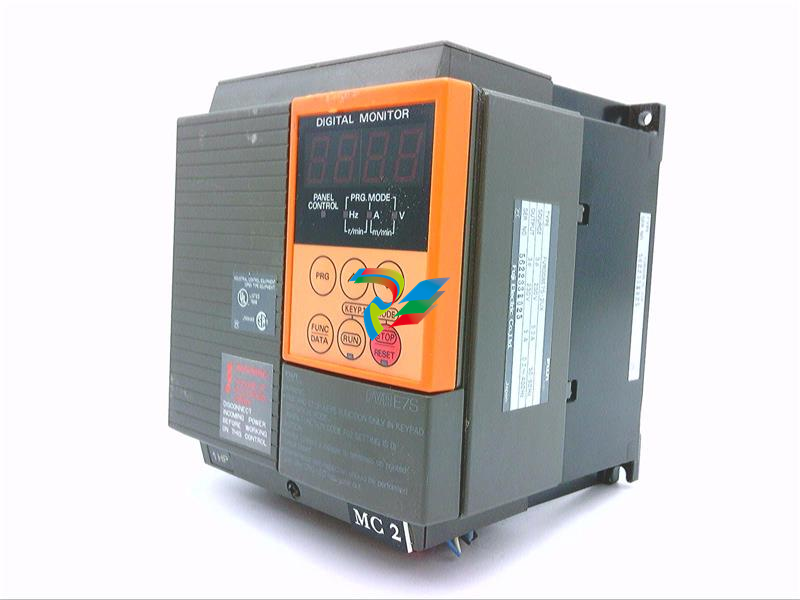
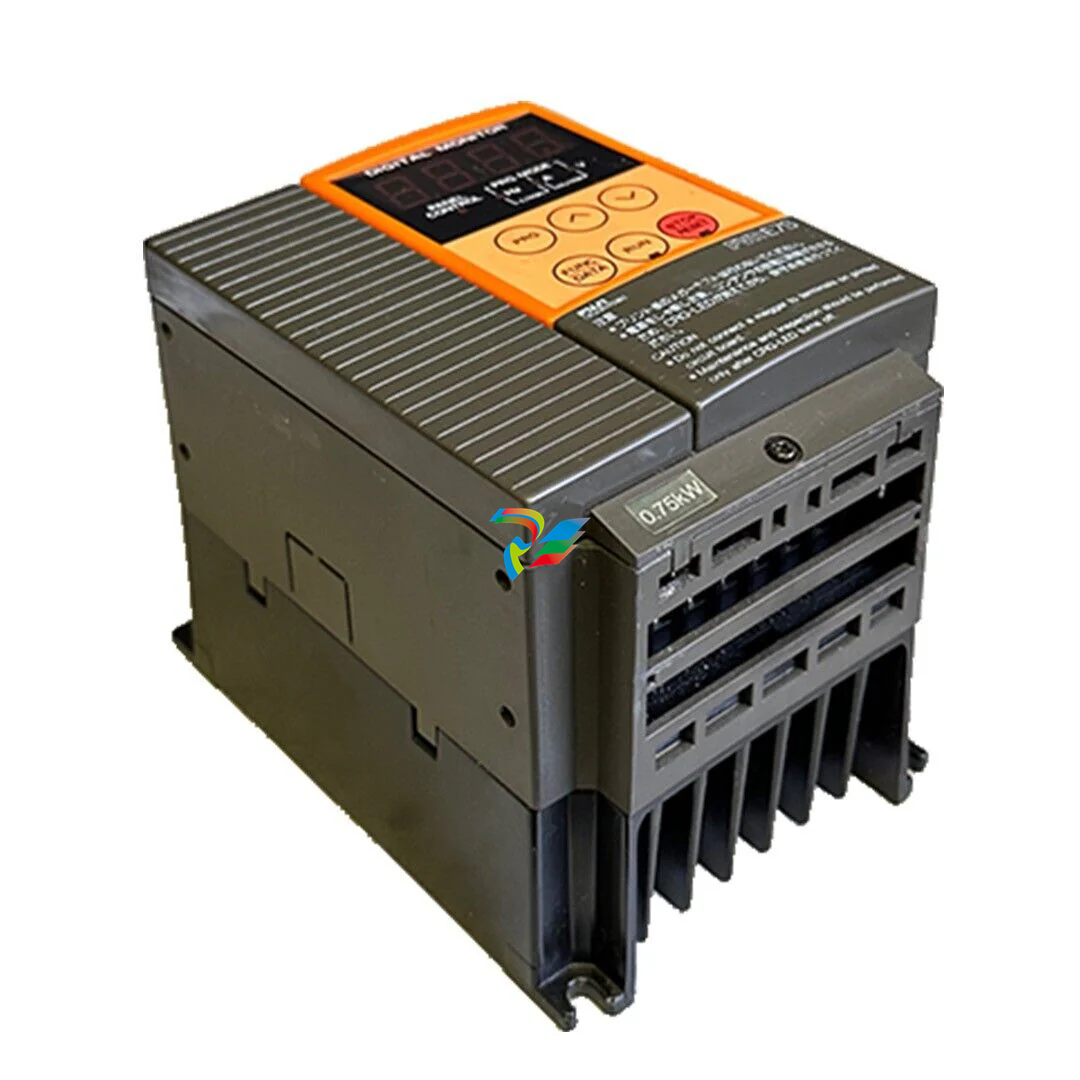
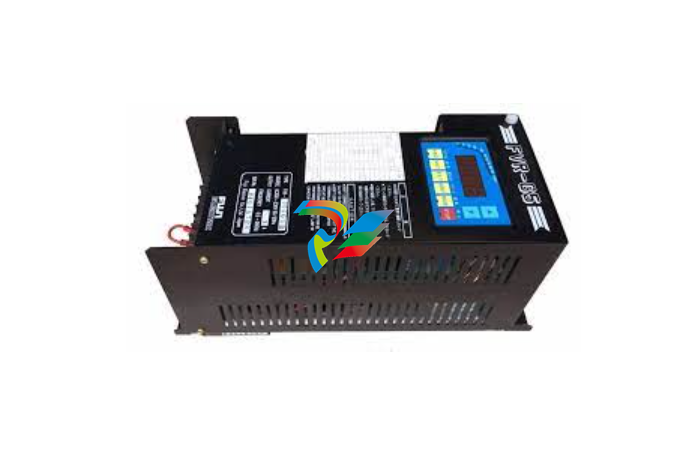
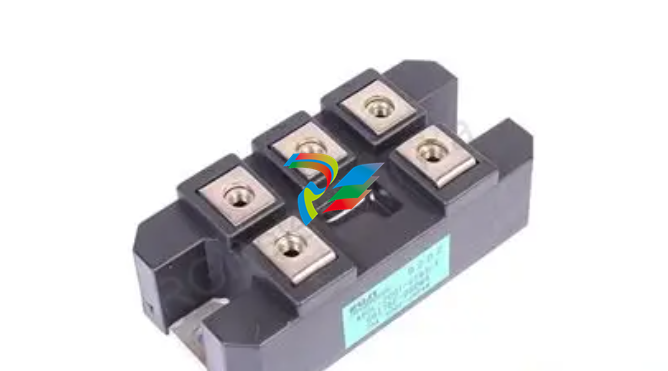
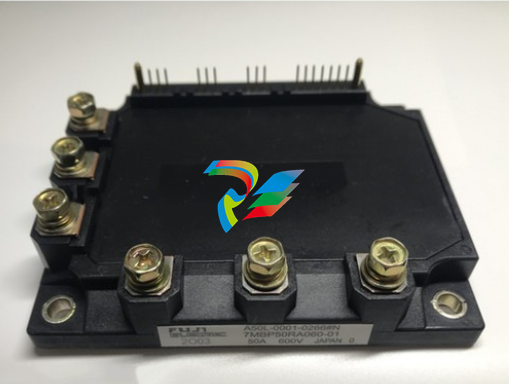
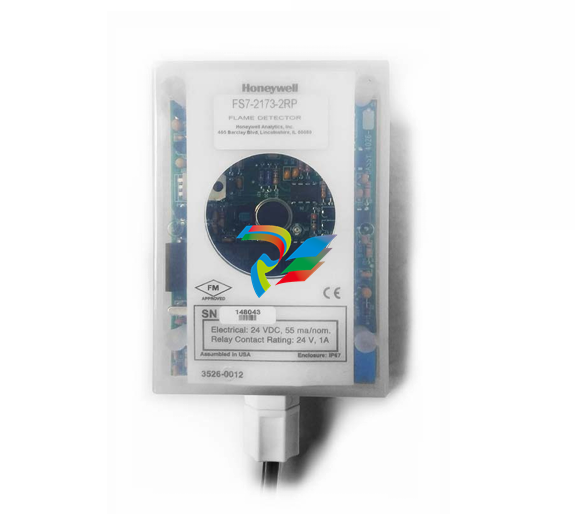
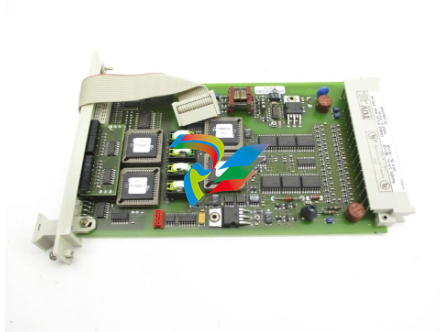
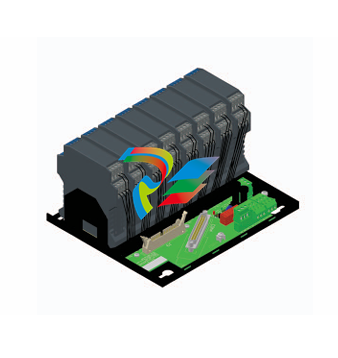

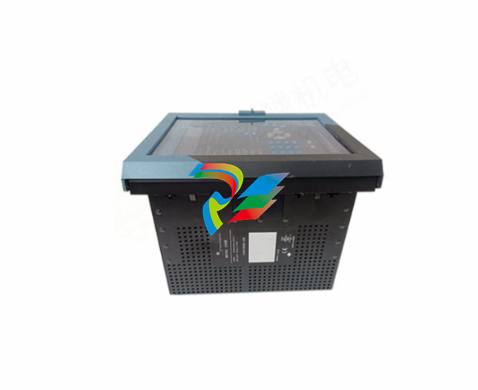
.jpg)
.jpg)

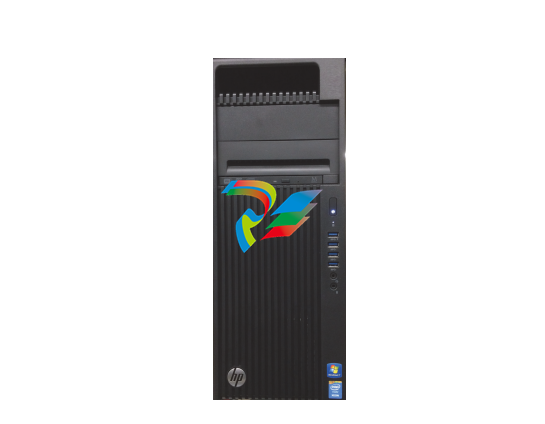
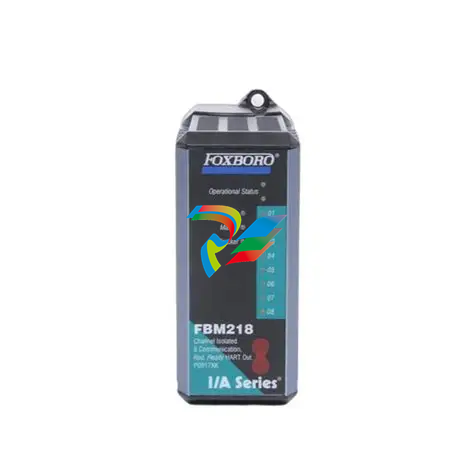
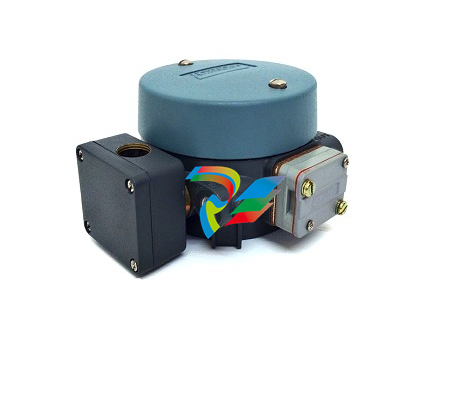
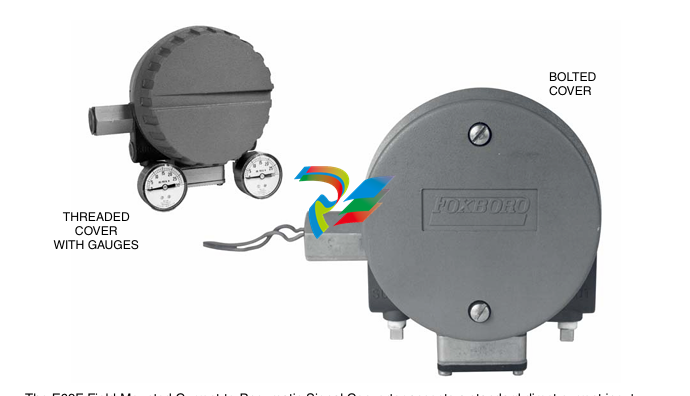
.jpg)
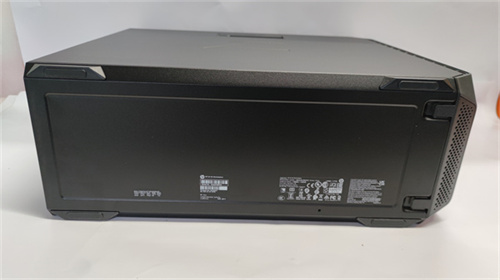
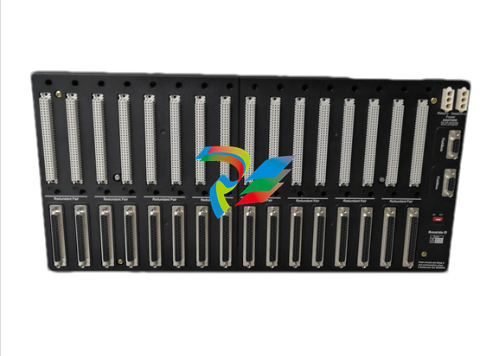
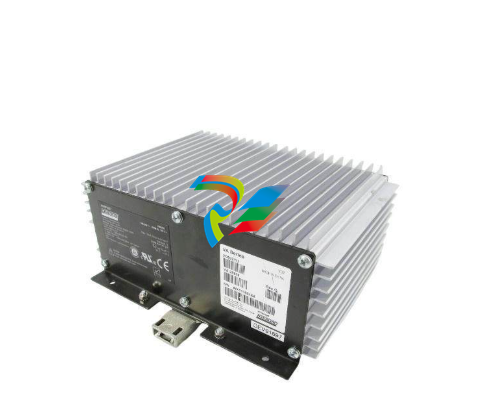
.png)
.jpg)
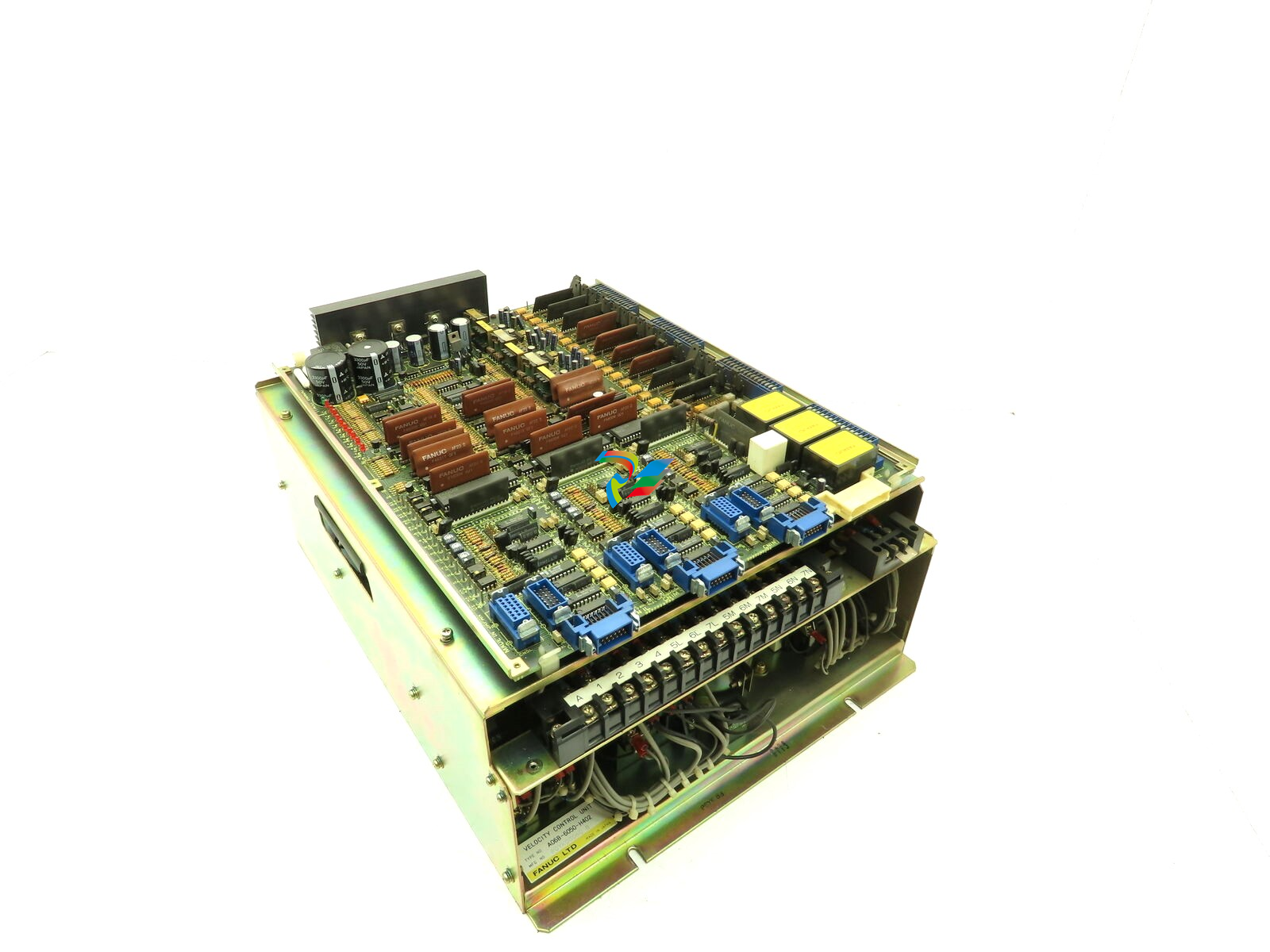
.jpg)
_lVjBYb.jpg)
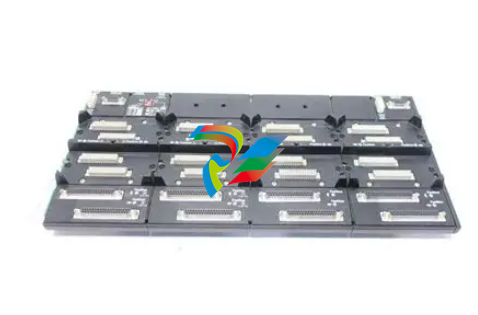
.jpg)
.jpg)
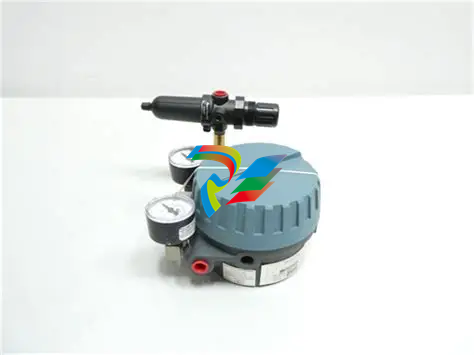
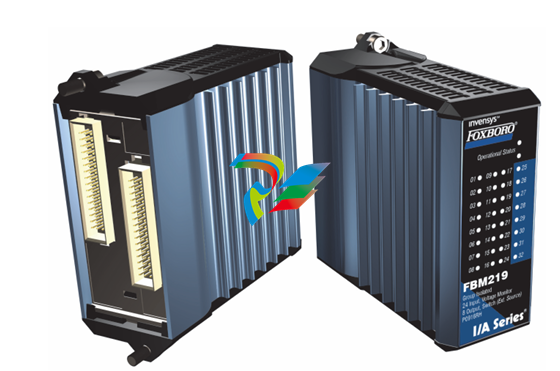
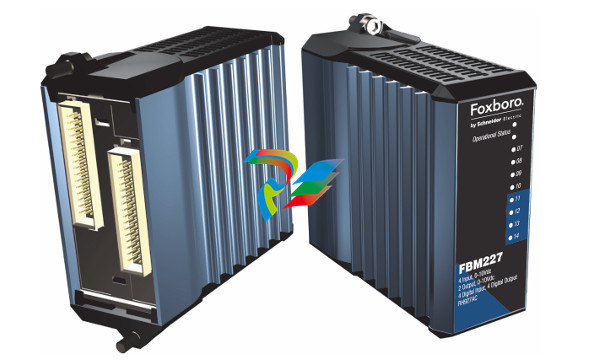
.jpg)
.jpg)
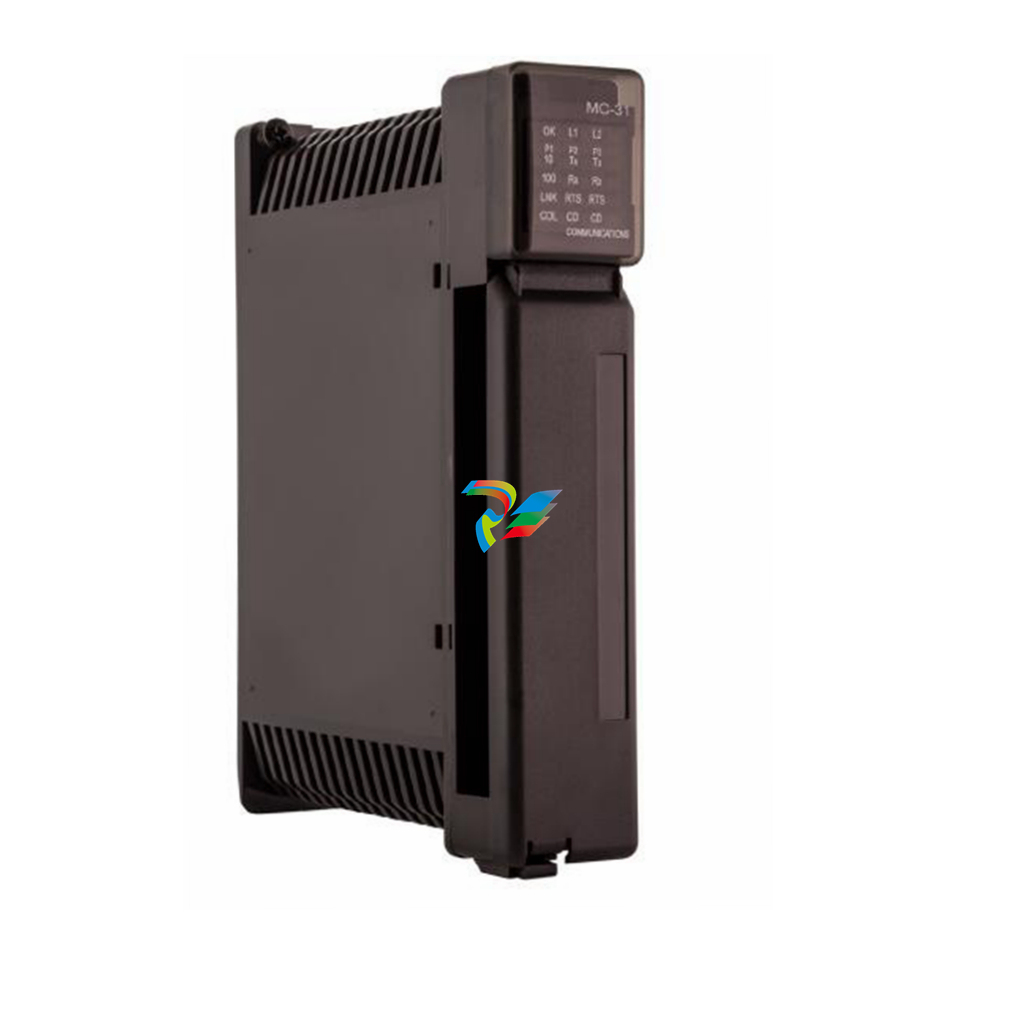
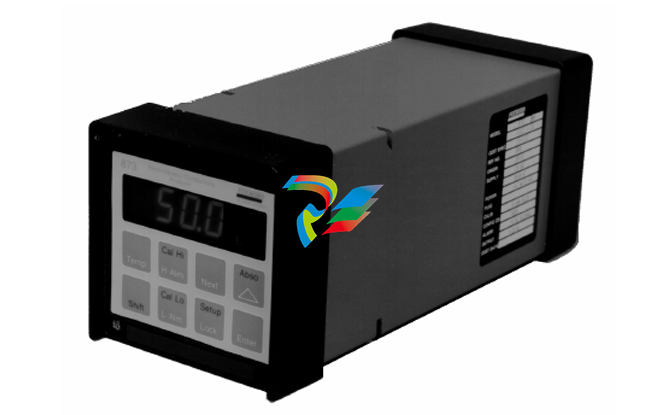
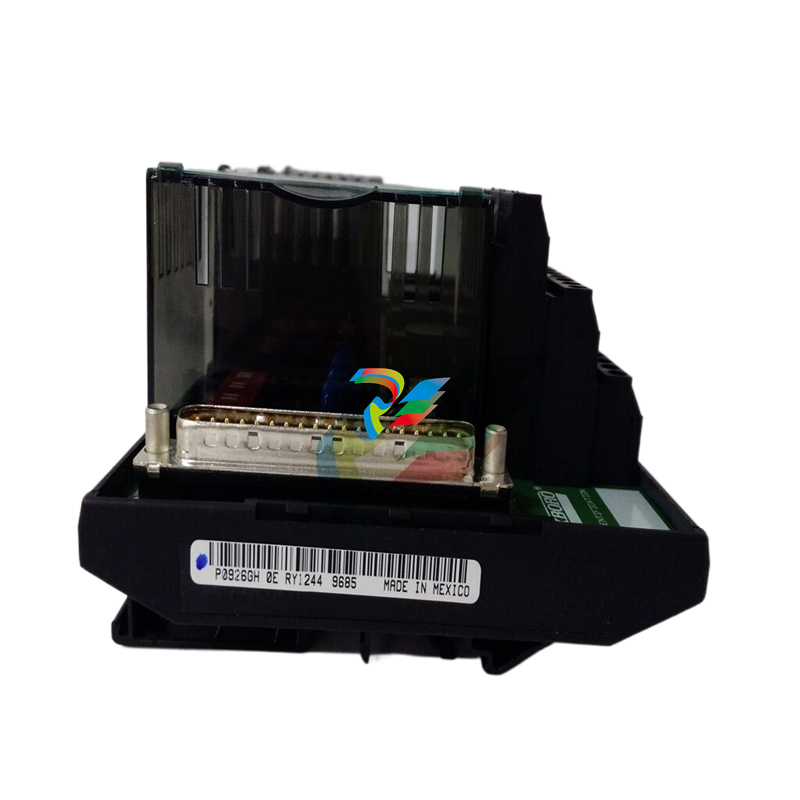
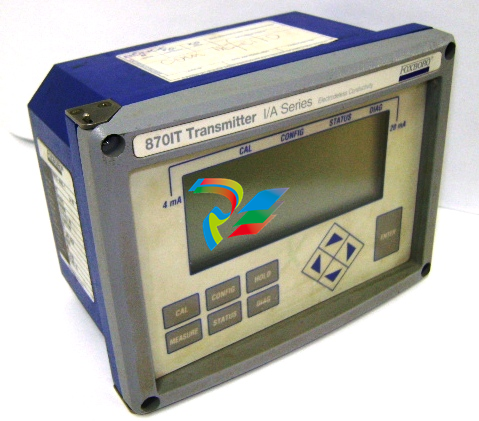
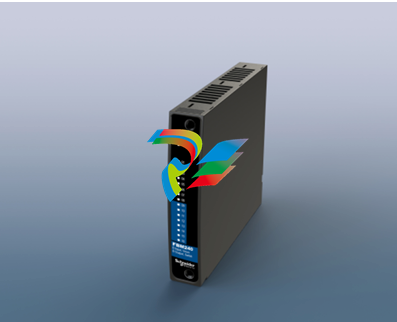
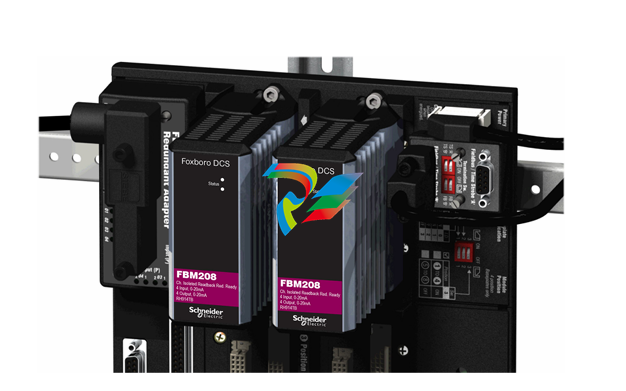
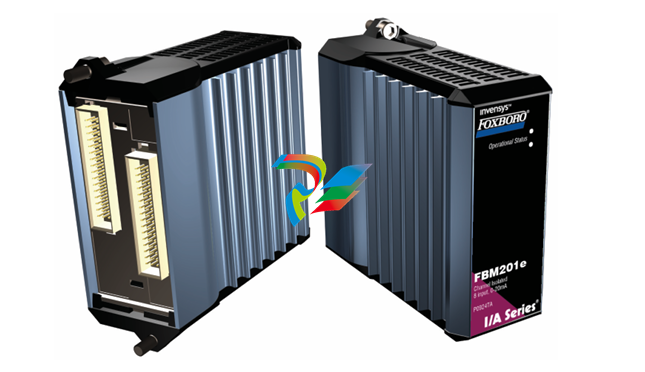
.jpg)
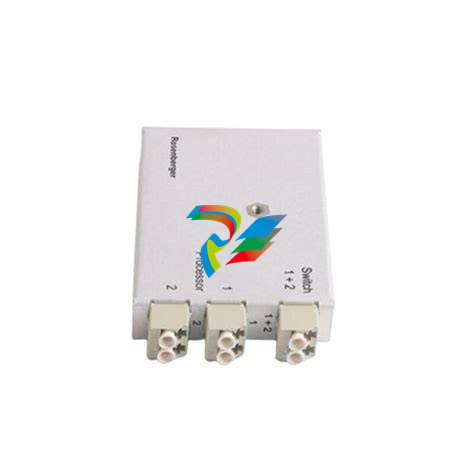
.jpg)
.jpg)
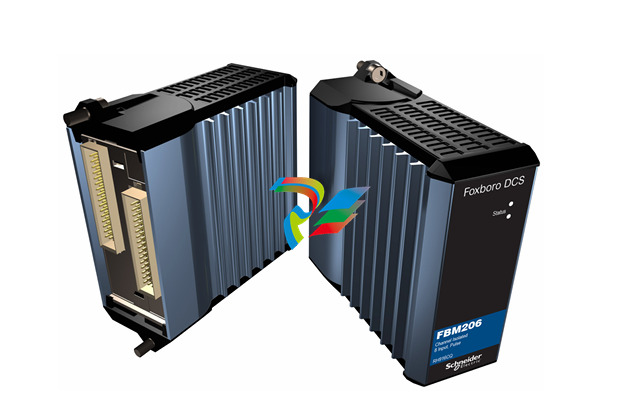
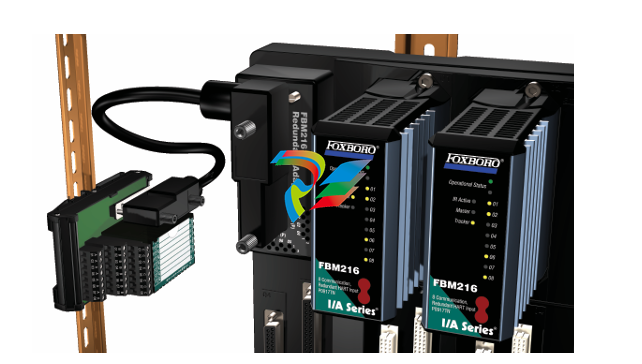
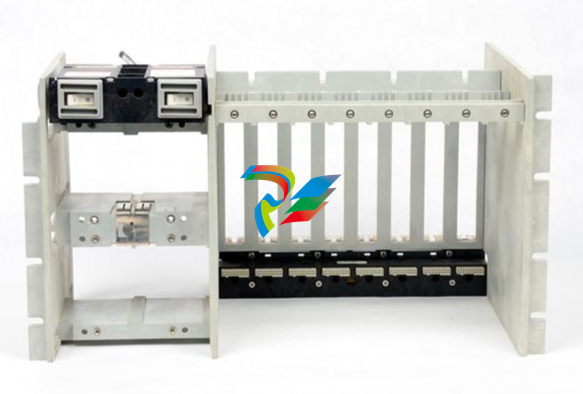
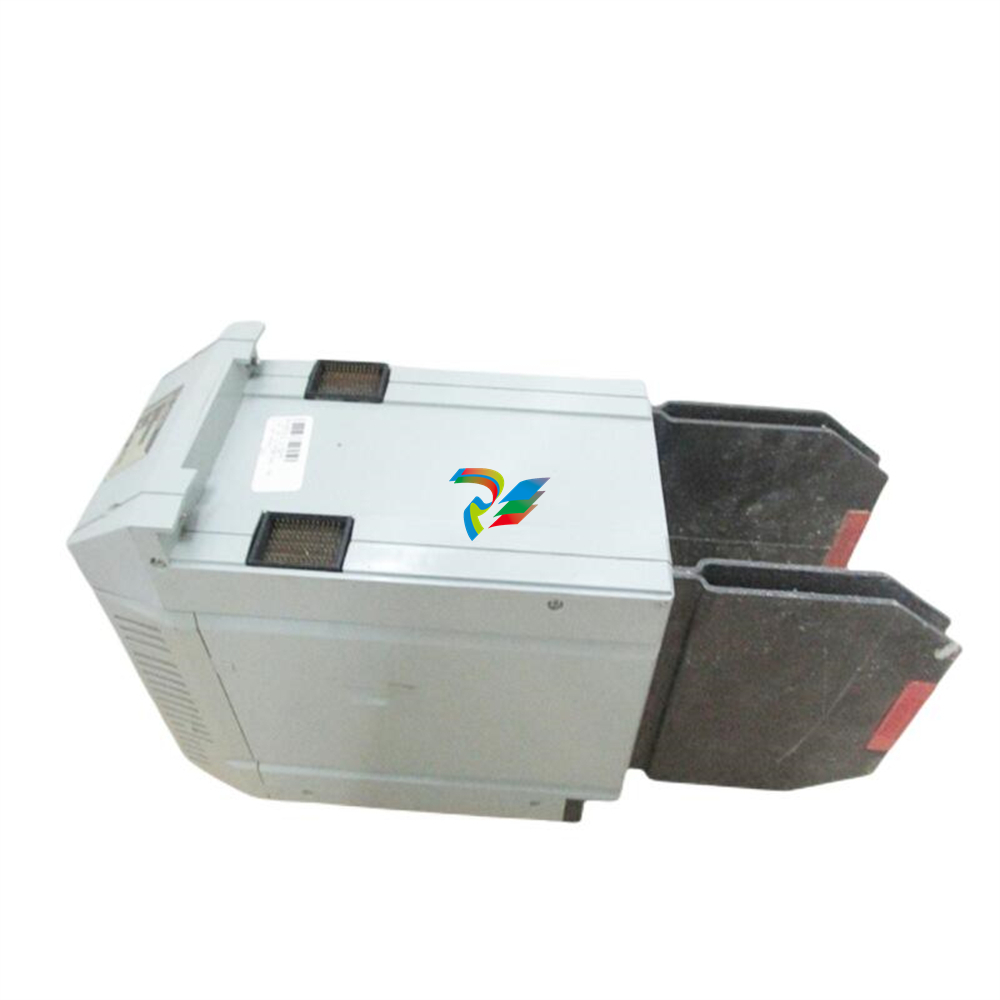
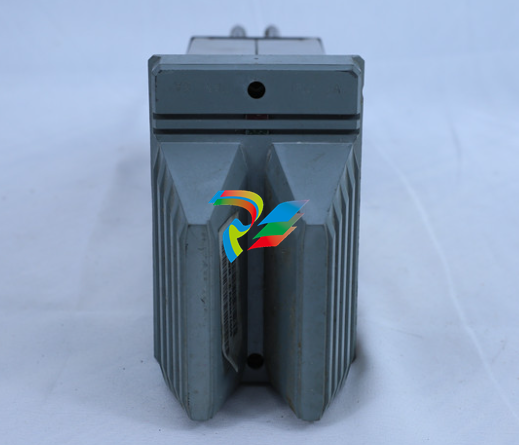
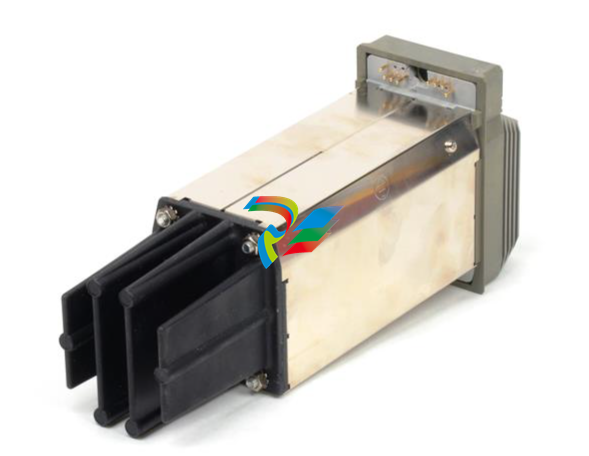
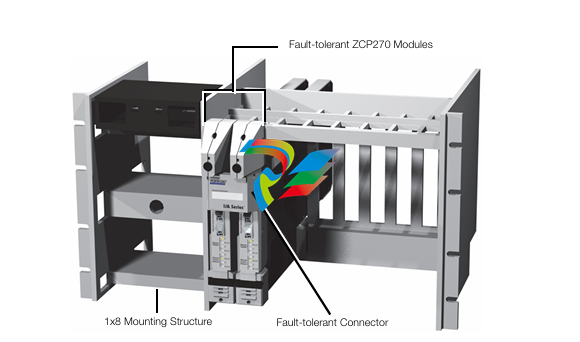
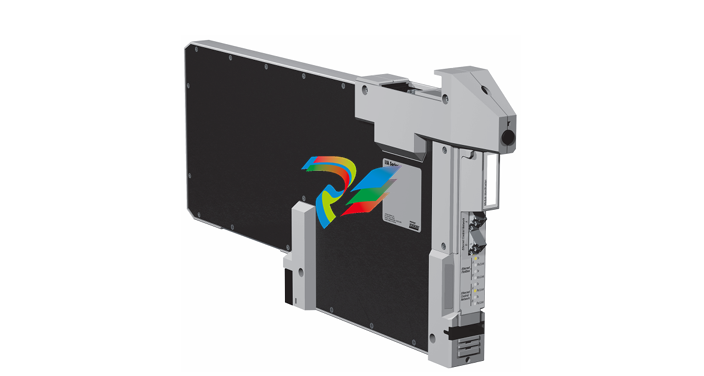
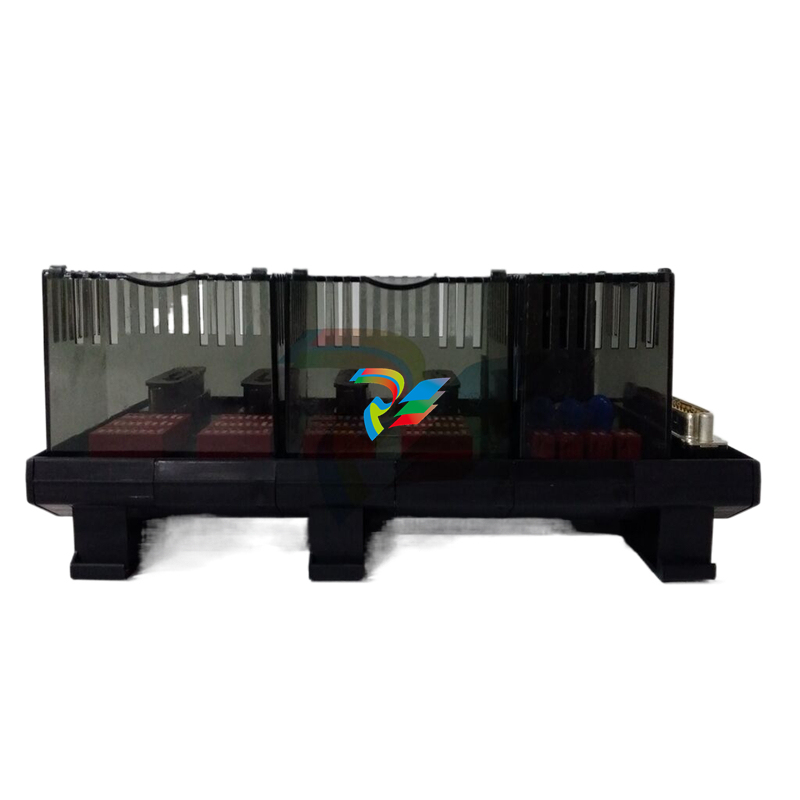
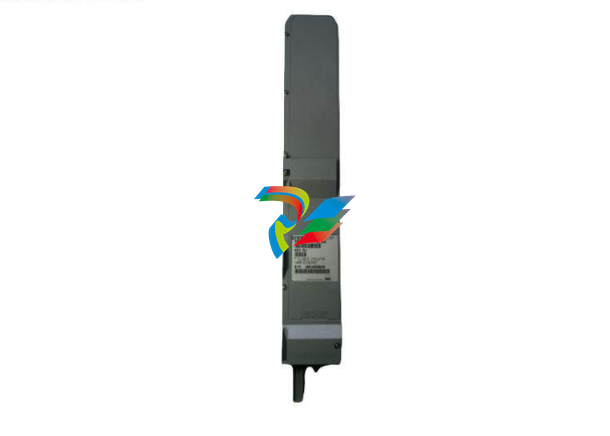
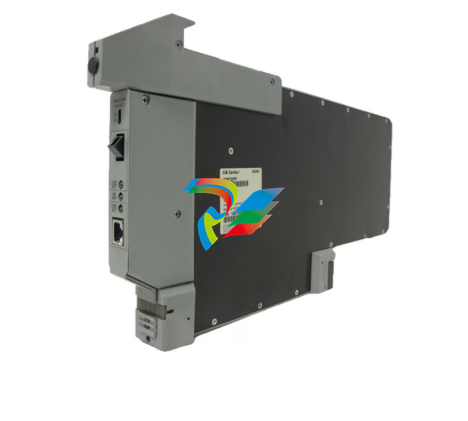
.jpg)
